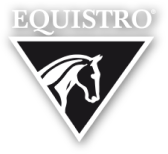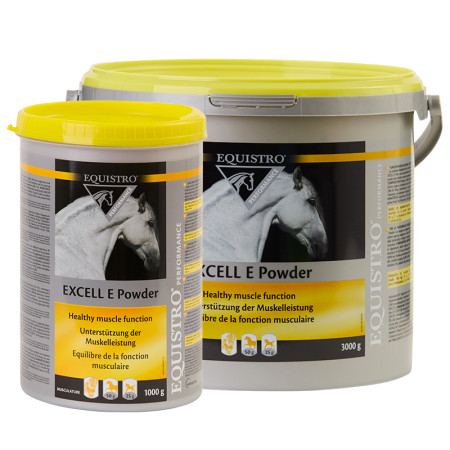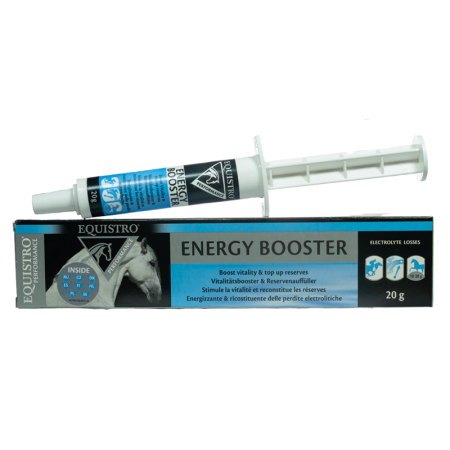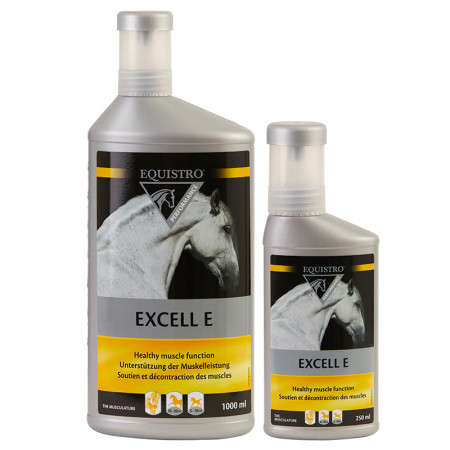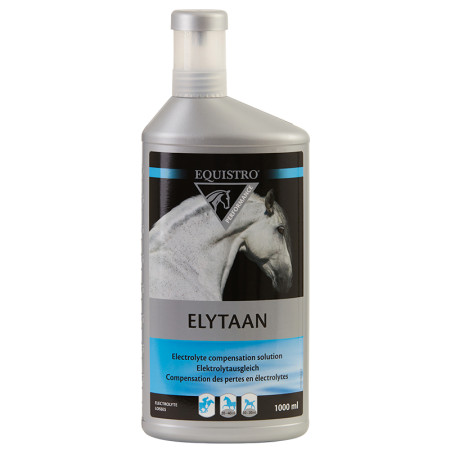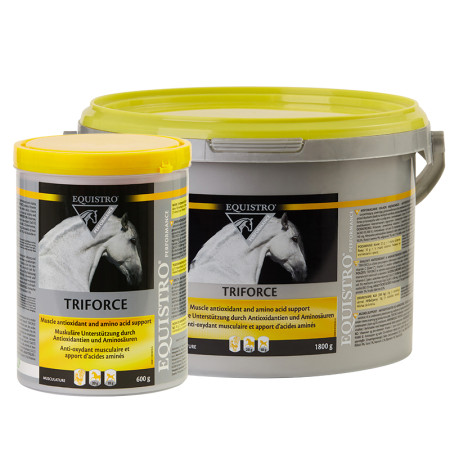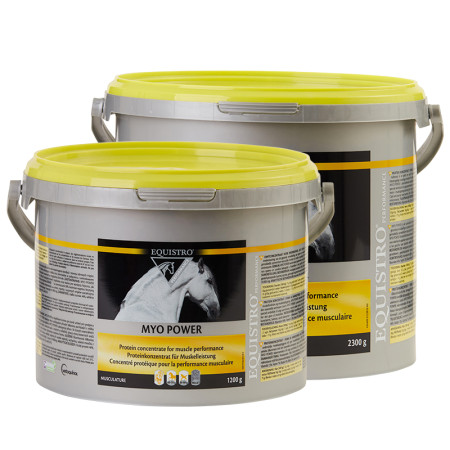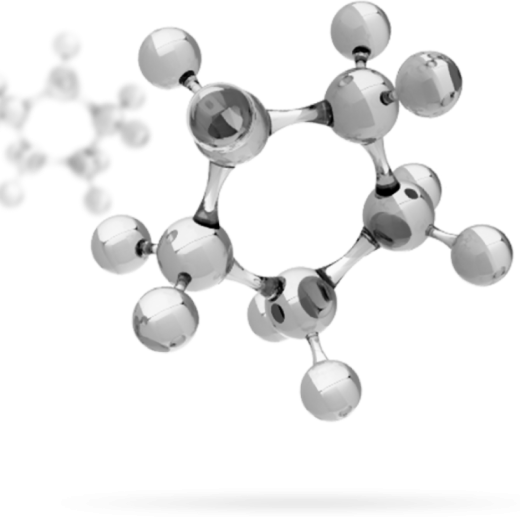
L-Lysine
Description
L-lysine is an essential amino acid. This means that it must be obtained through the diet in adequate quantities to meet the body’s needs. L-lysine is obtained by the hydrolysis of protein by pancreatic enzymes during digestion and necessary for optimal growth of muscle mass. Lysine is often the most deficient in horse’s diets due to its inadequate levels in commonly-fed cereal grains and grass. Horses can only use amino acids if all essential amino acids are present at sufficient levels. If one essential amino acid, such as lysine, is deficient, the horse’s body will use it up and convert the excess of the remaining amino acids into carbon dioxide, which is exhaled, and to urea, which is excreted in the urine. That is why lysine is the first limiting amino acid and is often added to horse’s fed.
Function
Amino acids like L-lysine are the building blocks of protein. Lysine is important for proper growth as a component of DNA in cell nucleus: it participates in cell multiplication. It plays an essential role in the production of carnitine, a nutrient responsible for converting fatty acids into energy and helping to lower cholesterol. Lysine appears to help the body to absorb calcium, and it plays an important role in the formation of collagen, a substance important for bones and connective tissues including skin, tendon, and cartilage. L-Lysine is also involved in recovering from surgery or sports injuries, and the body’s production of hormones, enzymes, and antibodies.
Sources
For healthy horses, receiving a well-balanced diet based on grass or legume pasture, hay and concentrate feed, the required levels of L-Lysine can be covered whereas the amounts in soy beans and potatoe protein are the highest.
Requirements
Minimum at maintenance: body weight x 0.054 g lysine/day. Horses usually acquire sufficient L-lysine from their diet, but athletic horses and growing foals may benefit from L-lysine supplementation.
Deficiency
The effects of essential amino acid deficiency are generally nonspecific, and many of the signs do not differ from the effects of partial or total caloric restriction. In general, the horse will have growth impairment, poor hair quality and hoof growth, weight loss, and inappetence. Milk production is decreased in lactating mares. During growth, if proper L-lysine intake is not provided, there will be an underdevelopment. In case of training and competition activities without daily required protein intake in the diet, the horse will lose weight leading to low performance and fatigue.
Excess
In case of excessive protein intake, not only a lysine excess will occur but with a whole protein excess, leading to decreased performance, ammonia excretion and water consumption increase.
